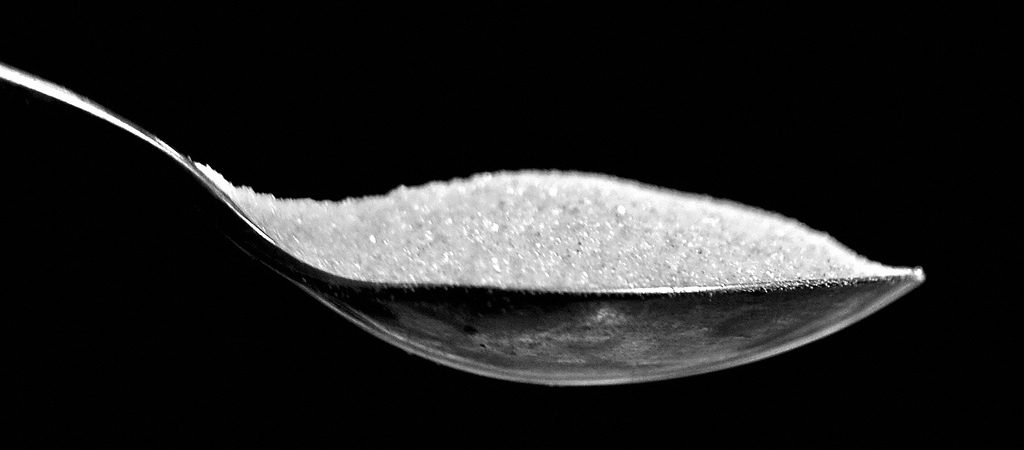It’s hard to find a health expert who doesn’t warn about the dangers of adding sugar to our food but judging by the amount of sugary food products that are consumed globally each year, we’re clearly a race of sweet-tooths who would rather look for sweetening alternatives than cut it out of our diets altogether. These days there’s so many sweetening alternatives on the market, we’re spoilt for choice and never need add traditional sugar to our food again. However, some of these products have come under contention about whether they are actually healthier than sugar so here’s a breakdown of some of the most popular sugar alternatives, and how good they actually are for you.
Xylitol
Xylitol is a naturally occurring sugar found in foods such as corn and berries. It helps prevent plaque from sticking to teeth, so is often used in sugar-free chewing gum. As the body finds it more difficult to absorb, it contains less calories per teaspoon than sugar and keeps blood sugar levels low. For this reason, however, you should also be wary of becoming too dependent on xylitol as a complete sugar substitute and only use about half the amount you would normally as it can cause stomachaches and overall digestion issues.
Agave nectar
Agave nectar is sourced from the agave, the same plant used to make tequila. It’s much sweeter in taste than sugar or honey so be careful to use it in smaller amounts. Although it works well for sweetening tea, coffee and preserves it can be a little difficult to bake with so make sure to look for recipes that specifically mention agave nectar in the list of ingredients. The benefits of the nectar, however, are still under debate. It contains more calories than sugar but it doesn’t raise blood sugar levels as rapidly and you need much less of it to sweeten food. It also contains a high fructose content which some experts believe produces the same metabolic effect as high fructose corn syrup, which is linked to weight gain and obesity.
Stevia
Stevia is a Central and South American herb often found in many sweetening products. This form of sweetener has been used for centuries in Japan and South America and has zero calories so won’t cause your blood sugar to rise rapidly. It’s also up to 40 times sweeter than sugar so can be used in very small amounts. Some people have an aversion to stevia products, however, because of the liquorice-like aftertaste it produces. Also be wary of which stevia products you choose as some are incredibly processed, like Truvia which contains GMO ingredients and can cause gastrointestinal problems. Green leaf stevia is the most natural stevia product you can find and has been shown to lower blood sugar levels and decrease risks of high cholesterol and cancer, but experts still generally advise that it should be used in small quantities.
Honey
If you prefer to use honey as a sugar alternative, make sure it’s raw. Raw honey is a great superfood and has a lot of health benefits whereas processed honey usually undergoes heat treatment or pasteurization that kills all the things which make honey so good for you. Raw honey is packed with essential nutrients such as antioxidants, iron, zinc and potassium and also helps promote the growth of healthy bacteria in the gut. However, it should be used in moderation as it contains 64 calories per tablespoon and increases blood sugar levels. Also make sure to get it from a trustworthy source as it can be toxic if the bees harvest plants that contain substances which are poisonous to humans.
Image: A Spoonful Of Sugar by Caro Wallis, CC 2.0
